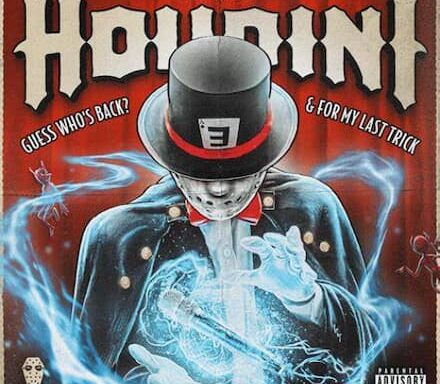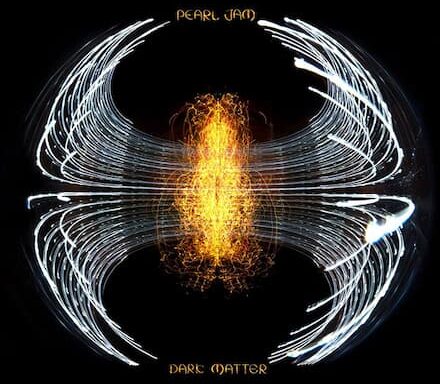It has been 100 years since the birth of the legendary jazz singer Ella Fitzgerald.
She remains celebrated as one of the most important, influential and powerful popular singers of the twentieth century. She was the first African-American woman to win a Grammy (in 1958), is an enduring cultural icon, and recorded or collaborated on some of the most enduring music of her time.
When discussing Fitzgerald, much is often written about her horrendous childhood, abusive father, her young experiences with the mafia or at a local brothel or her time in an orphanage.
Or about such connections as the debt she said she owed to Marylin Monroe for helping her club career to take off. This particular connection is so well known by now that it was dramatised as a musical drama in 2008 by Bonnie Greer (titled simply Marylin and Ella).
What I really wanted to take note of here though is none of that stuff: but rather the fact that her vocals on a particular piece of music have for a long time held a special place in my own mindscape.
There are a number of her recordings I love listening to; but specifically this is about Ella Fitzgerald’s 1958 version of ‘Summertime’ (with Louis Armstrong).
‘Summertime’ was born as an aria in the 1935 opera Porgy and Bess. Composed by George Gershwin, the lyrics came from DuBose Heyward, who wrote the novel on which Gershwin’s opera was based. The version of ‘Summertime’ I’m talking about here is to be found on the 1958 LP Porgy and Bess, which had Fitzgerald and Armstrong collaborating on pieces from the 1935 opera.
I only got to listening to this album in its entirety fairly recently (and it’s a fun record), but their version of ‘Summertime’ has been lodged in my consciousness for at least fifteen years or so, ever since a friend of mine made me a compilation of his favorite jazz tracks.
That compilation was a sometimes baffling hotchpotch at times; I was already a fan of Ella and of Billie Holiday and Louis Armstrong by then, but my friend’s compilation did serve to turn me into a big Cab Calloway fan. But, more than that, it brought this particular version of ‘Summertime’ back into my mindscape.
And I say ‘brought back’ because I’m fairly certain I had heard it much earlier – probably as a child – and that it had stayed lodged in some part of my consciousness for years: so that when I heard it again, it was like restoring or reviving a half-lost memory.
I had no idea where or when I’d first heard it, but the moment I heard Louis Armstrong’s distinctive trumpet intro, I felt – almost esoterically – like I’d been hearing this song my whole life in some timeless, parallel realm of consciousness where it had been on a continuous loop.
In that sense, this recording always feels like it has something of the esoteric or mysterious about it to me; I know that Gershwin composed it with a kind of spiritual element in mind, but it feels like more than that to me.
There’s something that feels deeply spiritually engaging about this rendition in a way that I’m not sure I can explain.
In the more simple ways that I can explain, however, everything about this particular composition is sublime; from Armstrong’s trumpet interludes and idiosyncratic scat vocalisations to Russell Garcia’s lush string arrangements and Ella Fitzgerald’s lucid clarity of vocal.
The string arrangements really do make the world of difference, acting as a beautiful parallel flow with Fitzgerald’s faultless vocals: the combination feels so rich that you feel like you’re drifting off in it like a stray balloon. The song’s inner contrast too is also really interesting: specifically between Armstrong’s characteristically free-style, off-the-cuff-sounding contributions and Fitzgerald’s precise, laser-like delivery, which seem like they shouldn’t go together very well, but ultimately do.
‘Summertime’ has famously been recorded or covered hundreds of times down the decades by multiple artists. I don’t know for certain if it’s the most covered song of all time, but there are apparently over 25,000 recorded versions of it.
And I clearly haven’t listened to all of them: but every I time I hear the Ella/Armstrong version, I feel like I really don’t need to.
This just feels – deeply and instinctively – like the definitive or ultimate incarnation of that song. That it combines the unique qualities of two of the most insanely talented recording artists of the twentieth century is no small bonus.
Of the various versions I have heard, Billie Holiday’s 1936 version obviously has its appeal, while Sam Cooke and Janis Joplin also did very rich, popular renditions. But there’s something sublime, even slightly magical, about this 1958 version.
This rendition – every little part of it – keeps coming into my head all the time. I could be in bed, on the cusp of sleep, or sitting on a bus or train, and Armstrong’s little trumpet solo signals that the song is about to loop through my mind again. It’s one of those pieces of music that seems to have made itself part of my brain’s default screensaver software – I swear I remember even hearing it as part of a dream sequence once too.
Naturally, therefore, it is the first thing I think of when I think of Ella Fitzgerald.
A couple of months ago, I had this song playing on a playlist that had also featured Chris Cornell’s 1992 song ‘Seasons’ and some of the Mad Season tracks that featured some of Layne Staley’s best vocals. And it occurred to me that – in some magical fantasy land – it would be fascinating to hear Ella Fitzgerald duet with someone like Layne Staley or Chris Cornell.
In fact my mind almost exploded at that thought.
At any rate, here’s to Ella – who is now 100 years old.




